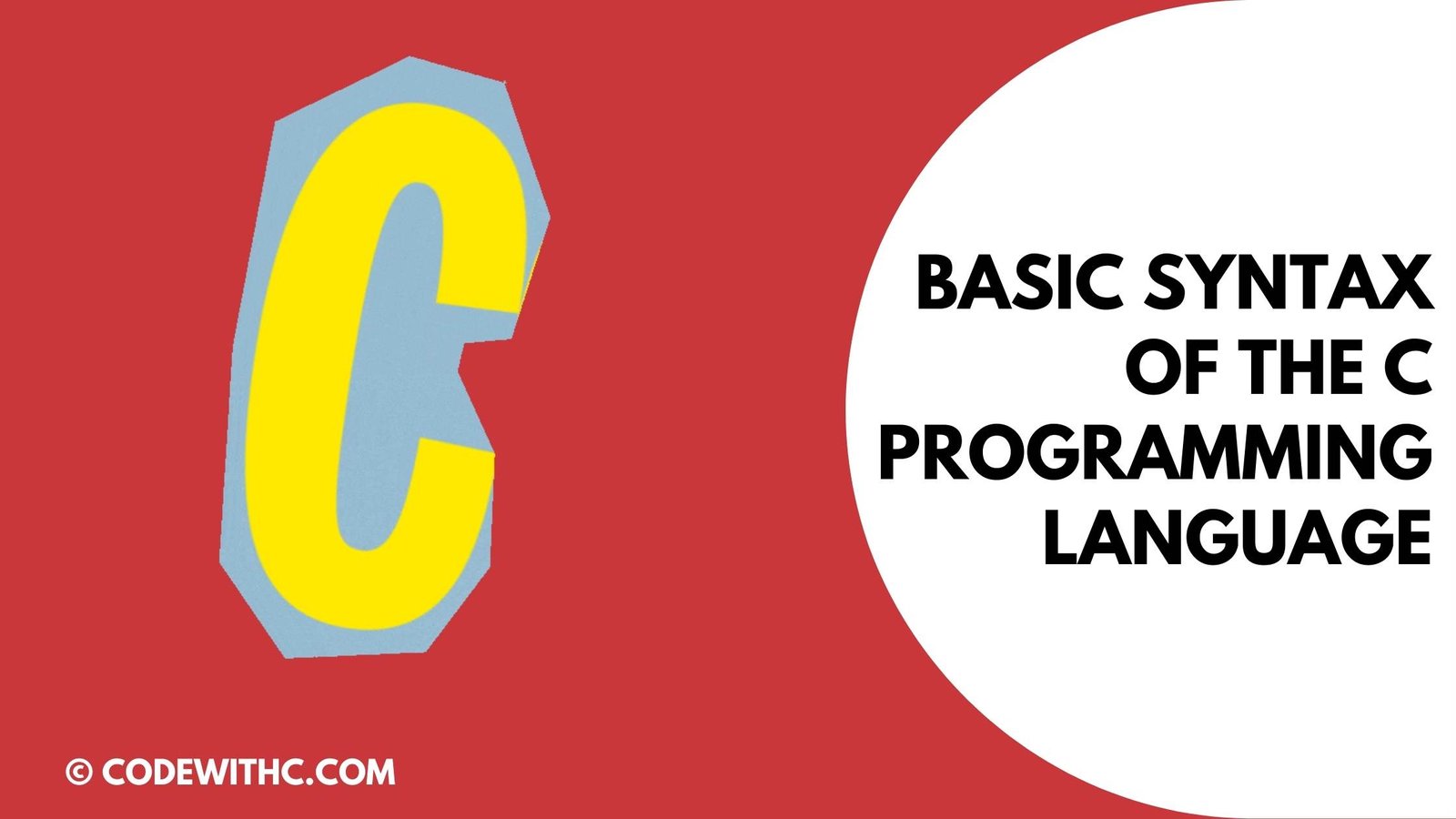If you have seen any programming language then you will know the basic syntax of C. Now, I will teach you the basics of C in a very simple manner so that you can understand it easily. The syntax of the C language is very easy to understand. It uses the same kind of punctuation as English. You will find that some of the punctuation used in C is similar to those used in other languages, for example, Java and Python. The difference between these two languages and C is that C is a very low-level programming language.
The first and the foremost step to learn a new programming language is to have an understanding of the basic concepts.
Before starting any program, you need to know the basic syntax of the programming language.
So, here is the basic syntax of the C Programming Language.
int x;
float y;
void main();
{
}
- Declaring Variables
- Using Functions
- Main() Function
- Exit
Let’s get started with the basic syntax of C Programming Language.
int x = 1;
float y = 3.0f;
main(){
}
These are the basic syntax of the C Programming Language.
Let’s understand it step by step.
- Step 1: Here we are declaring an integer variable named x.
- Step 2: This is how you declare a floating point variable named y.
- Step 3: This is the function of the main() and it contains the code written inside the curly braces.
- Step 4: This is the function of the main().
- Step 5: This is the function of the exit.
I hope you have understood the basic syntax of the C Programming Language.
